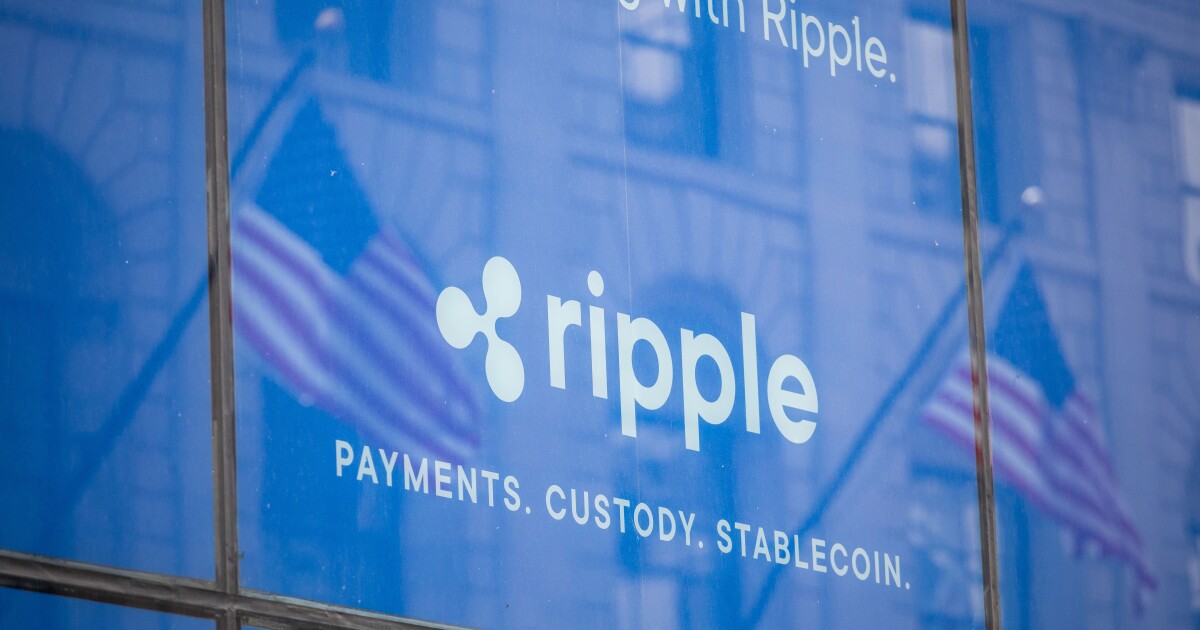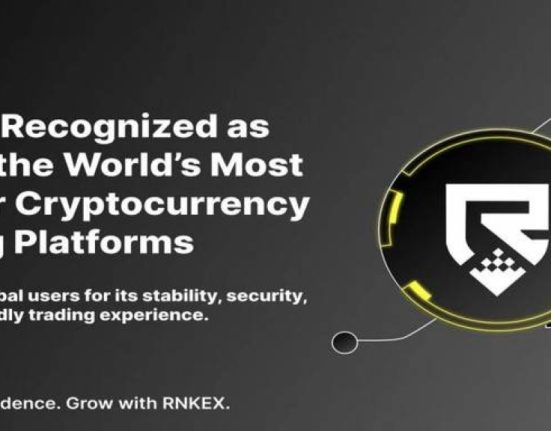Ripple, the creator of the altcoin XRP and developer of distributed ledger technology, has applied for a national trust bank charter from the Office of the Comptroller of the Currency.
CEO Brad Garlinghouse confirmed the news in
Ripple’s application for the charter follows on the heels of stablecoin issuer
“I would expect any large organization planning to expand
Michele Alt, co-founder of Klaros group, said Ripple’s filing is part of an anticipated wave of crypto-related bank charter applications.
“It reflects pent-up demand for de novo charters by crypto and other innovative financial services companies that were precluded from entry into the banking system during the prior administration,” Alt told American Banker.
What is a national bank trust charter?
A national bank trust charter from the OCC is a license that allows a company to operate as a limited purpose national bank with trust powers. This means it can perform fiduciary activities like managing assets, administering trusts and acting as a trustee or custodian.
“This does not give full banking and deposit powers, but is highly useful for, among other things, custody associated with stablecoins,” Baker said.
A national charter and OCC regulation “provide a potential gateway to a Federal Reserve master account, providing direct access to the traditional payments rails, which is a critical part of stablecoin issuers’ plans to integrate with bank-controlled payments networks,” Baker said.
A Fed master account seems to be what crypto companies like Ripple, Circle and others are ultimately after. When a company has a Fed master account, it can connect directly to the Federal Reserve’s payment systems and clear and settle payments directly without having to go through a bank, saving time, money and friction.
In the past, Federal Reserve master accounts have been difficult for nontraditional banks to obtain. Custodia Bank battled with the Federal Reserve for several years for the right to a Fed master account and in the end was denied. Its lawsuit against the Fed is pending.
Custodia does not have a national trust bank charter, it has a special purpose depository institution bank charter from the state of Wyoming.
What could stop Ripple from getting a national trust bank charter?
The OCC and the Fed now have a slew of applications to go through. Even in a crypto-friendly administration, it’s not a given that these would simply be rubber-stamped or that the process would be quick. The OCC did not respond to a request for comment.
Ripple has been in regulatory hot water for the past five years. It was sued by the Securities and Exchange Commission in 2020 for selling an unregistered security and violating the Securities Act. Last week, a Manhattan judge
Some observers expect the banking industry will oppose the granting of these charters.
“It will be very interesting to see who prevails in this clash between two very influential lobbies – community banks and crypto,” Alt said.







